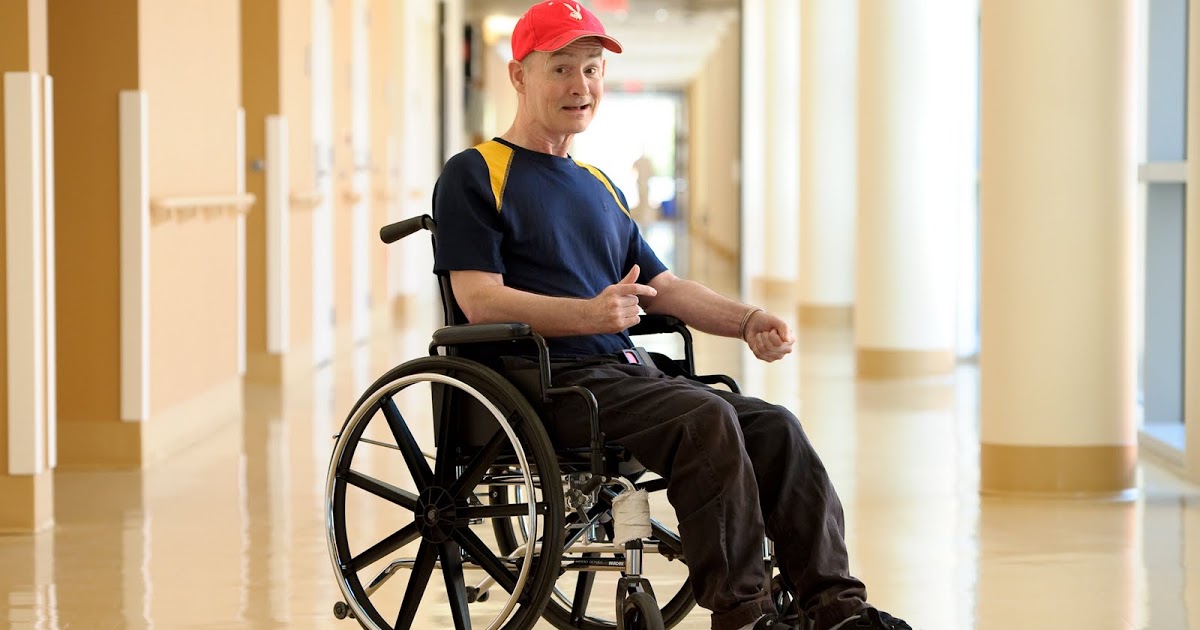What Conditions Chorea May Indicate
Chorea is a movement condition characterized by unpredictable, involuntary movements of an individual's body. Chorea can cause minor symptoms like fidgeting, or it can be severe and result in uncontrollable leg movements, speech problems, issues with swallowing, uncontrolled arm movements, posture impairment, and an abnormal gait. Numerous different conditions can produce chorea, and the causes of chorea are tied to the specific mechanisms that characterize its underlying condition. A thorough physical examination, laboratory tests, and MRI scans can be used to help identify the underlying condition producing an individual's chorea-related symptoms. Treatment for chorea is highly variable and depends on the specific form of chorea a patient is affected by. Treatment most often involves the use of antibiotic medications, antipsychotic medications, deep brain stimulation, and supportive home care.
Get familiar with the conditions chorea may indicate now.
Huntington's Disease

An individual who experiences chorea may also be affected by Huntington's disease, an inherited genetic disease that causes an individual's nerve cells in the brain to undergo premature and excessive degeneration. Huntington's disease is the result of a certain expansion that occurs on the HTT gene passed from parent to child. The manifestation of symptoms in Huntington's disease most often begins when the affected individual is in their third or fourth decade of life. Symptoms of Huntington's disease include movement disorders that cause involuntary movements, cognitive disorders, and psychiatric disorders. The most common movement-related manifestation to occur in Huntington's disease patients is chorea. Sudden and brief movements that are unpredictable and irregular are what characterizes chorea in individuals affected by Huntington's disease. In most cases, these movements are fluid from one part of the body to another and may interfere with a patient's ability to walk, speak, maintain posture, and swallow.
Keep reading to reveal more conditions chorea may indicate now.